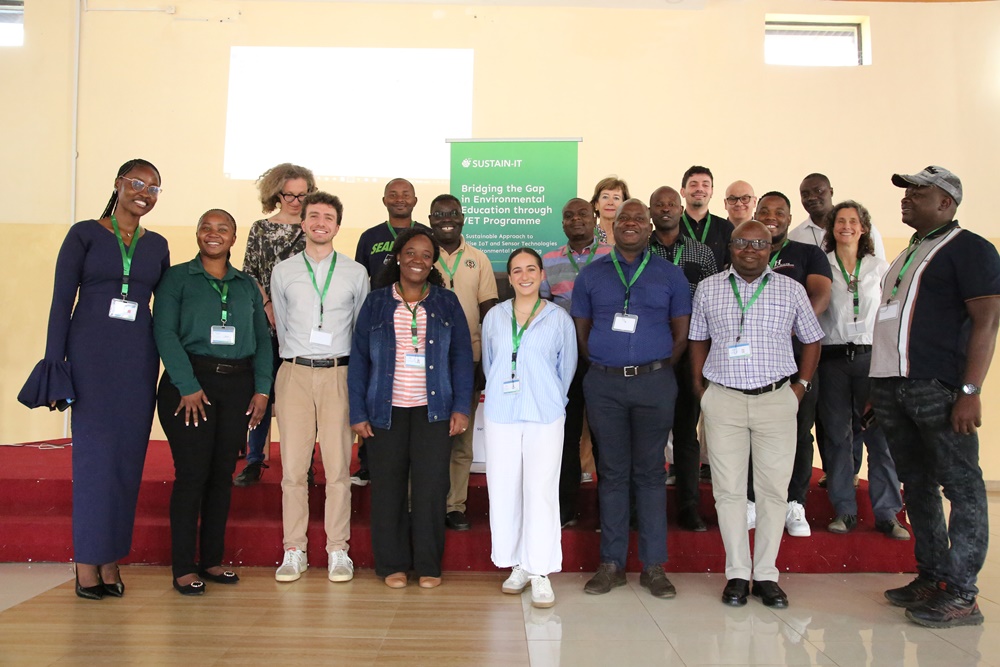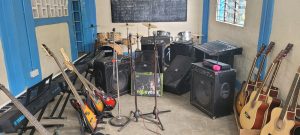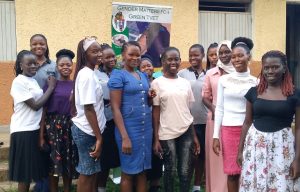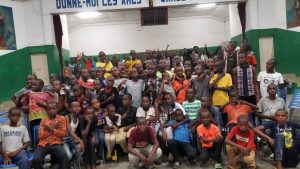EU Cofunded Project “SUSTAIN-IT” to Advance Environmental Education Through Digital Tools in Rwanda, Zimbabwe, and Namibia
Kigali, Rwanda – The first meeting of stakeholders for the “SUSTAIN-IT” project, aimed at enhancing technical vocational education and environmental awareness, has commenced in Kigali. This important gathering, running from March 17 to 21, 2025, at the Don Bosco Hospitality Centre, marks the initial collaborative effort to discuss the project’s objectives and strategies among key participants.
Funded by the Erasmus+ program of the European Union, the “SUSTAIN-IT” initiative seeks to equip TVET (Technical and Vocational Education and Training) educators with innovative digital tools for environmental monitoring. Stakeholders are engaging in sessions designed to explore the integration of environmental education into vocational training.
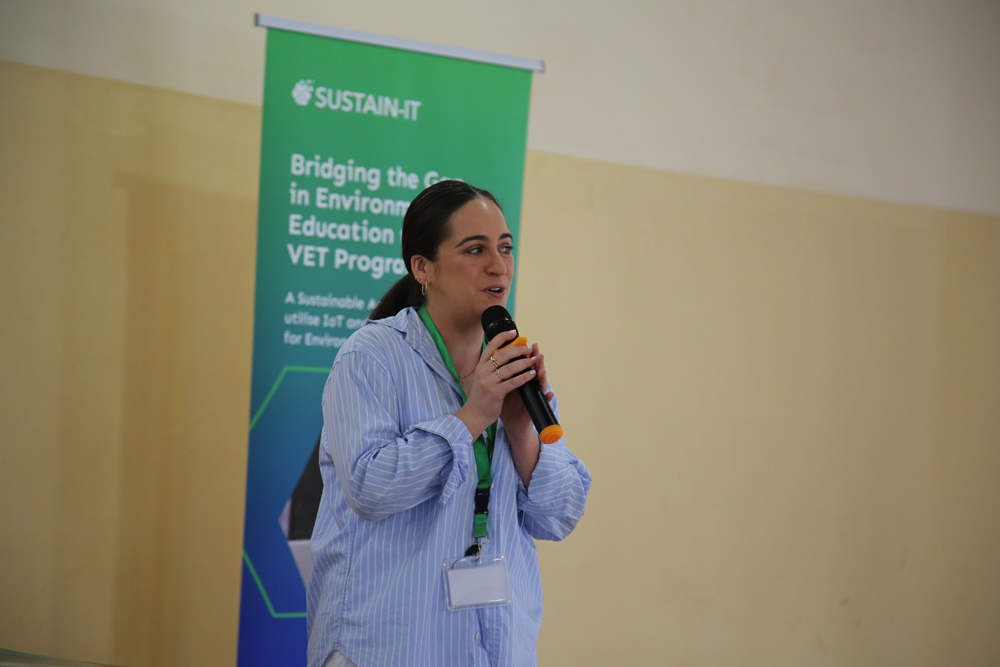
“Today, we are here to learn about the education system in Rwanda and to focus on environmental education and the application of digital tools in raising awareness,” said Ms. Sheila Larrabaster, Project Manager from Politeknica Txorierri. “The goal of our project is to build the capacity of TVET educators in utilizing these digital tools effectively.”
Participants have also engaged in sessions with teachers and students from TVET Gatenga, emphasizing the importance of environmental awareness and sustainability. These interactions fostered a collaborative spirit, allowing for the exchange of ideas and best practices within the context of vocational training.
Central to the initiative is the introduction of Internet of Things (IoT) kits designed for educational purposes. These do-it-yourself kits will enable educators and students to connect various sensors to measure environmental factors such as CO2 levels, temperature, humidity, and water quality. The data gathered from these activities will play a crucial role in enhancing environmental awareness among students.
The project plans to not only supply the necessary tools but also provide training for teachers, enabling them to effectively incorporate these tools into their classrooms. A competition is also planned, encouraging students to apply their knowledge and skills in programming the IoT boards to monitor environmental conditions.
As the first gathering of stakeholders, this meeting provides an essential platform for discussing the future direction of the “SUSTAIN-IT” project. Participants are optimistic about the potential impact of their collaboration, which aims to empower learners with the skills and knowledge necessary to tackle environmental challenges in their communities.
As the meeting progresses, focus groups and interviews with teachers and students will be conducted to assess the extent of environmental education within the TVET system, with findings to be compiled into a guideline document highlighting best practices and challenges faced by participating countries, including Italy, Spain, Rwanda, Namibia, and Zimbabwe.
Through this collaborative effort, the “SUSTAIN-IT” project aspires to foster a culture of environmental responsibility in education, paving the way for a sustainable future across the region.

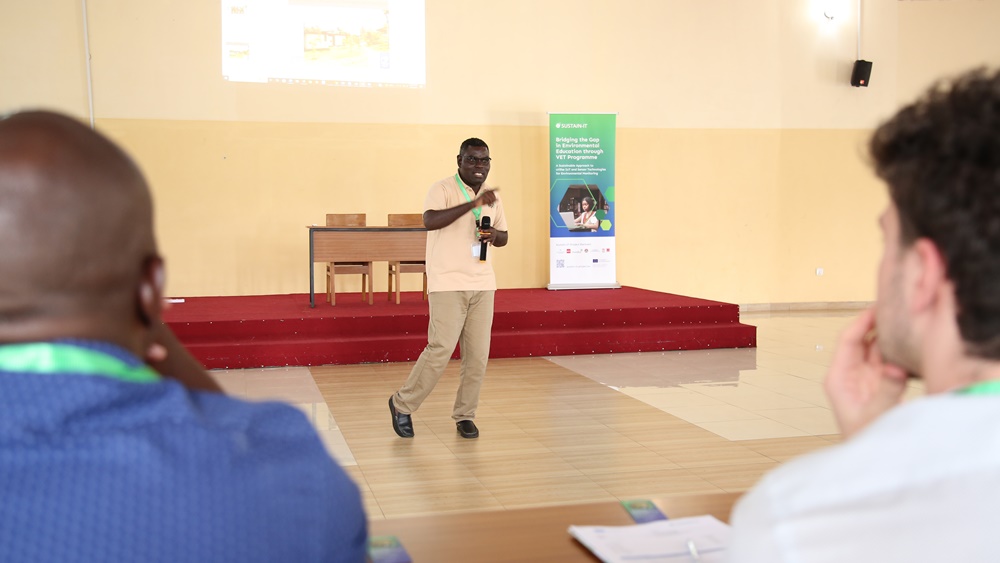

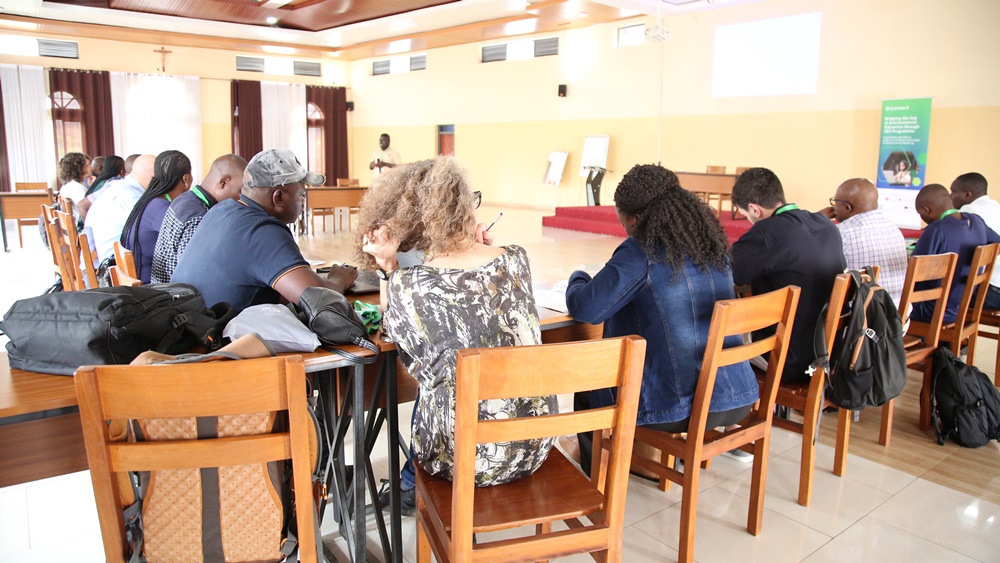
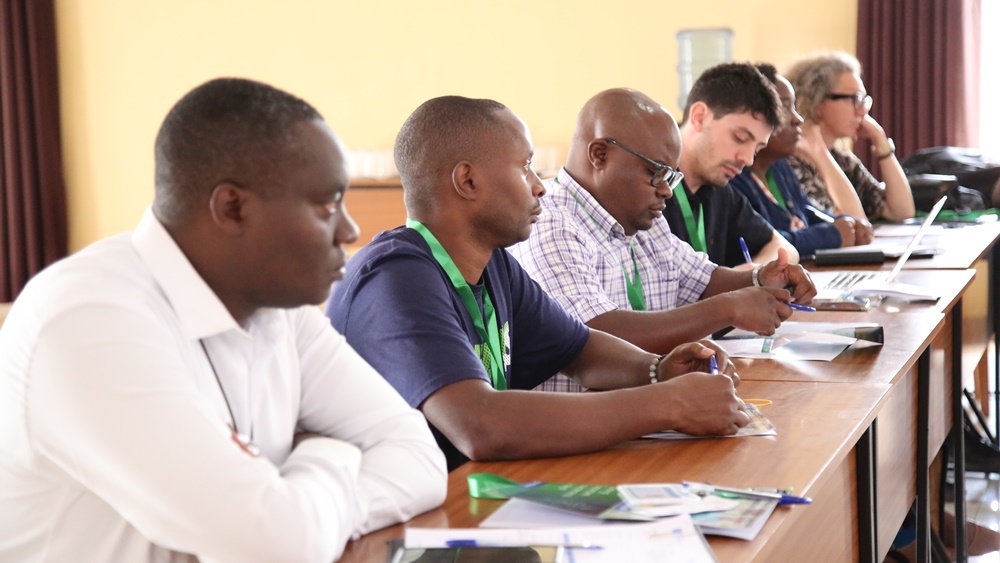
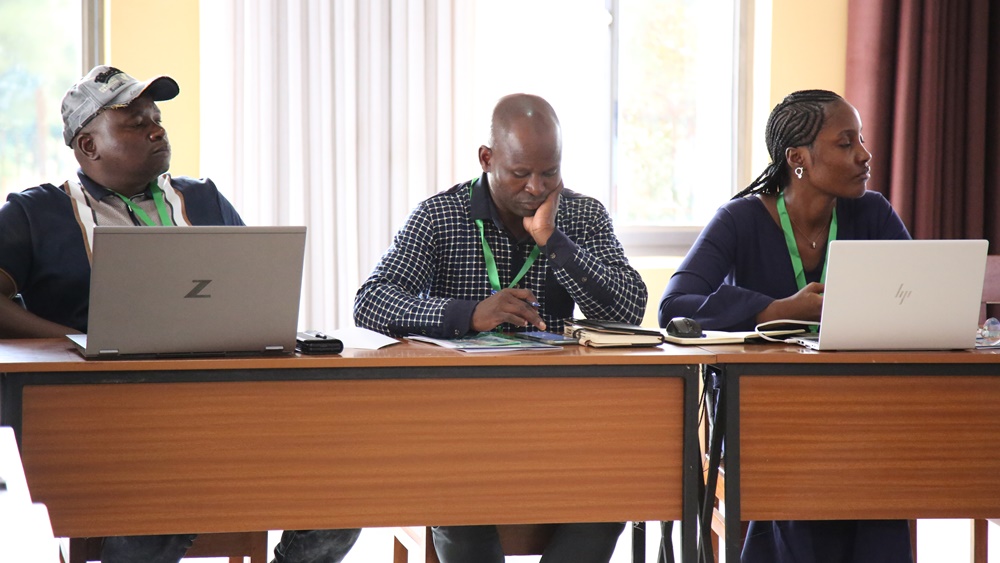
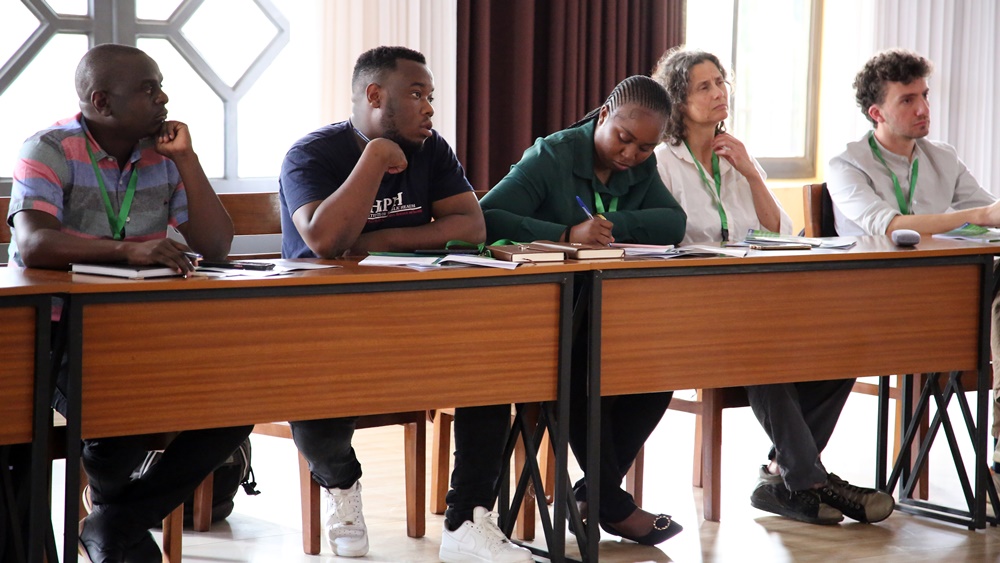
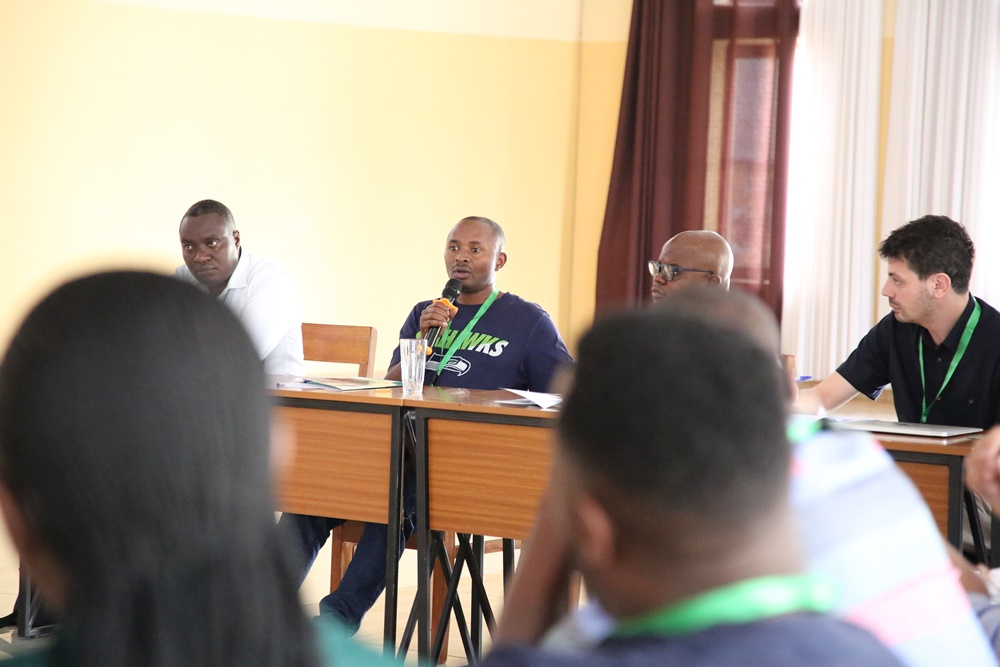
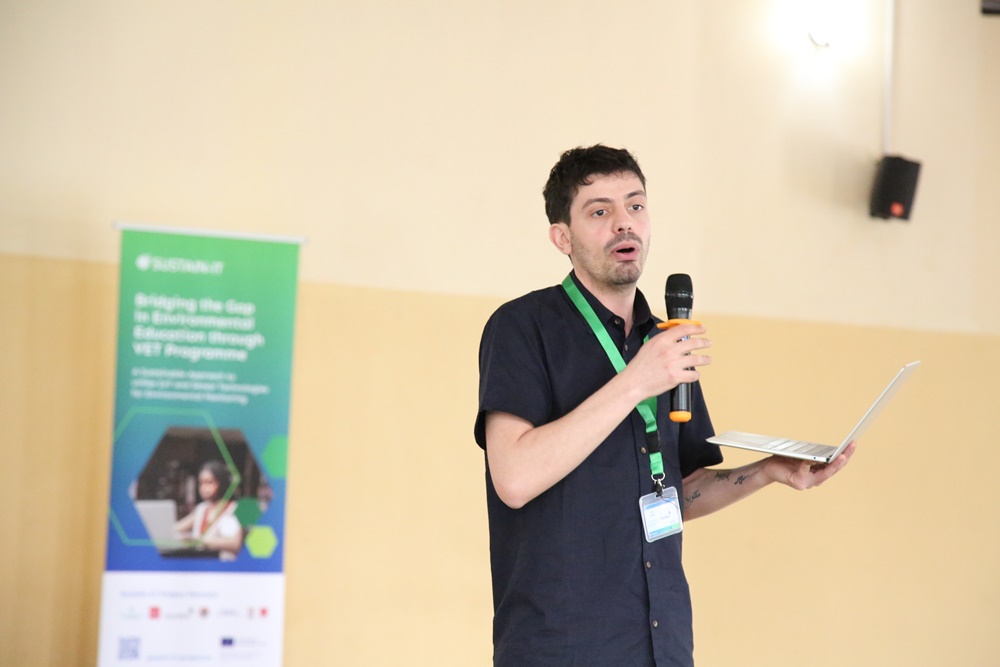
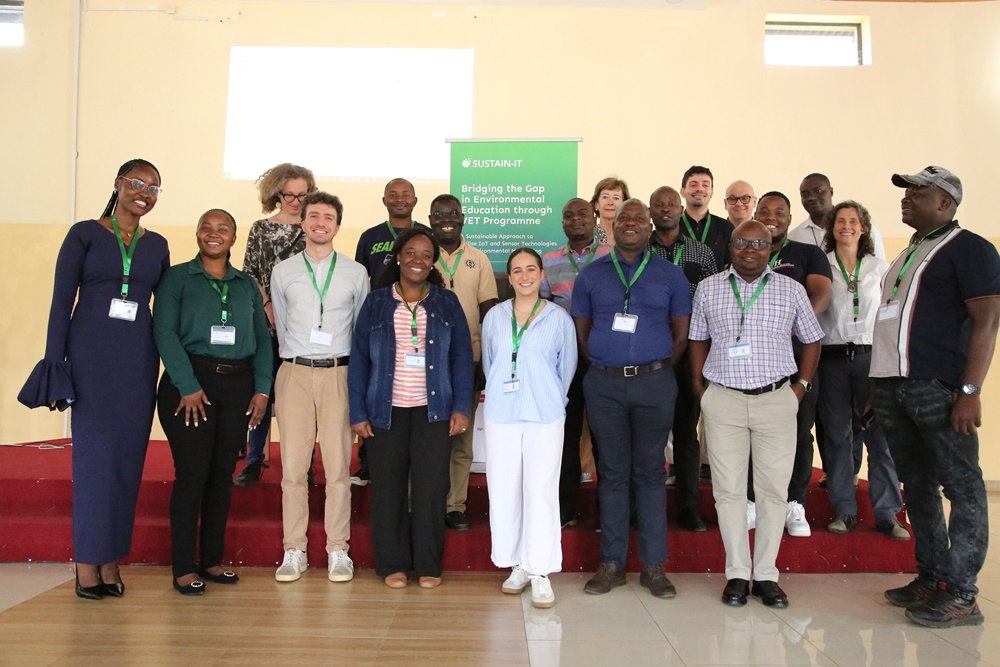
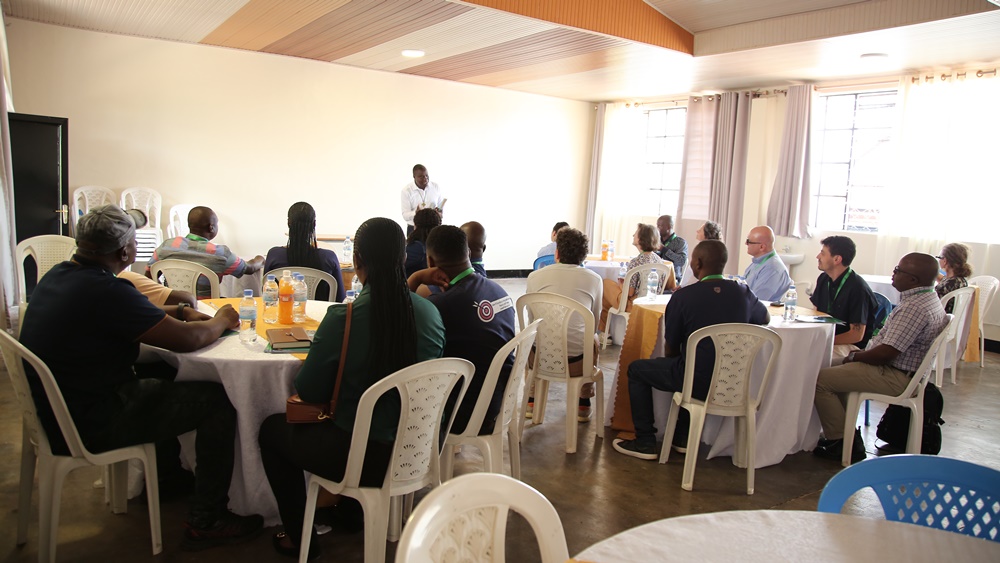
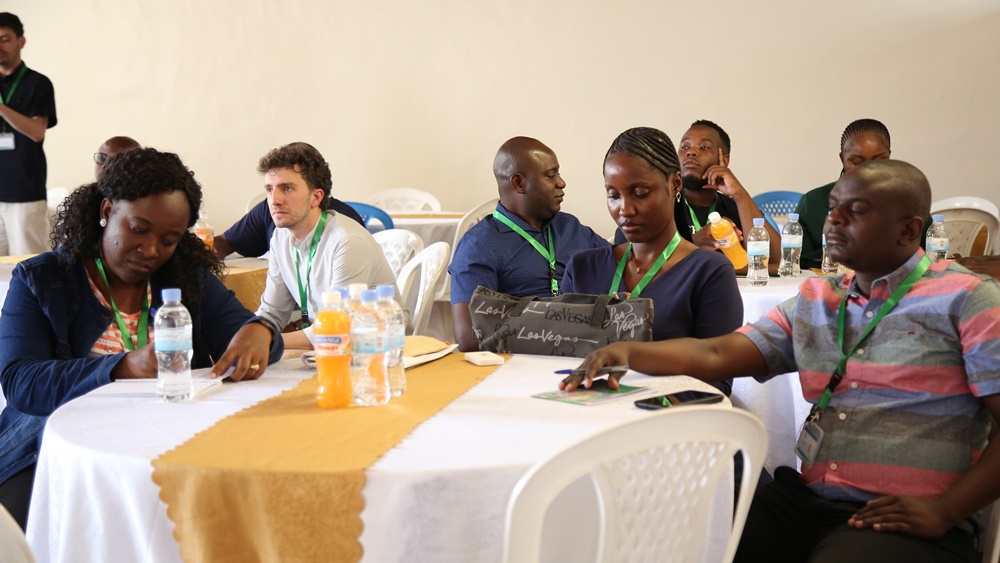
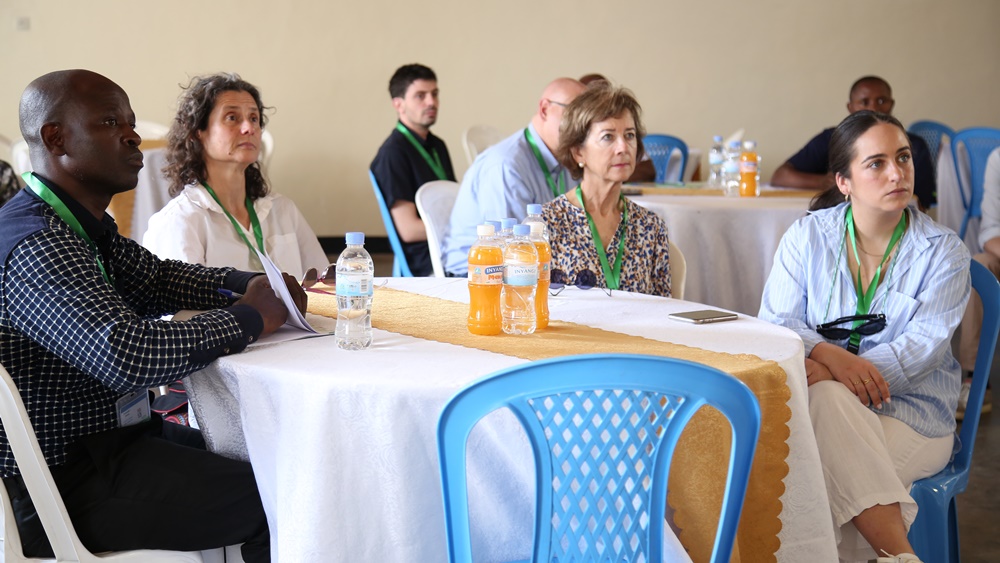
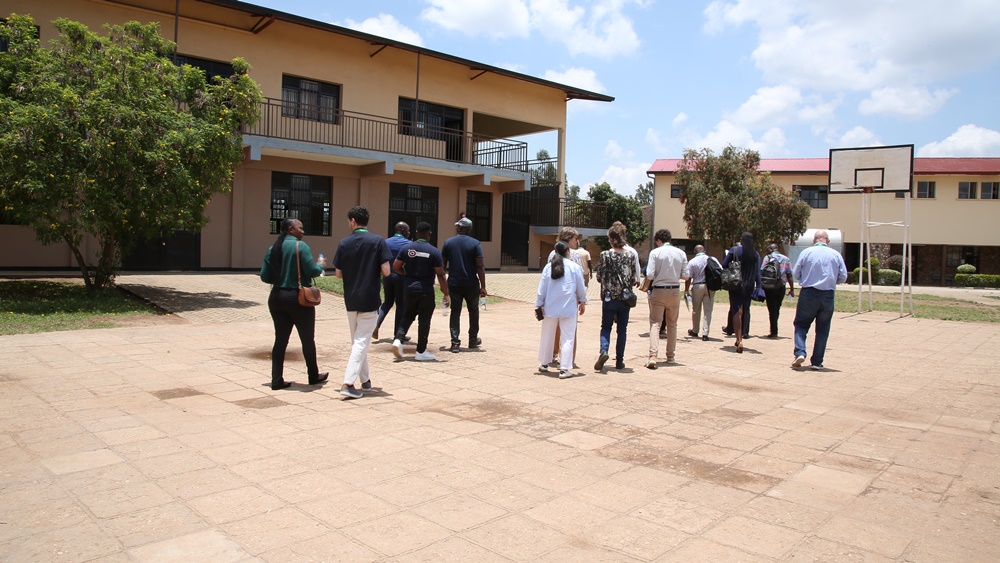
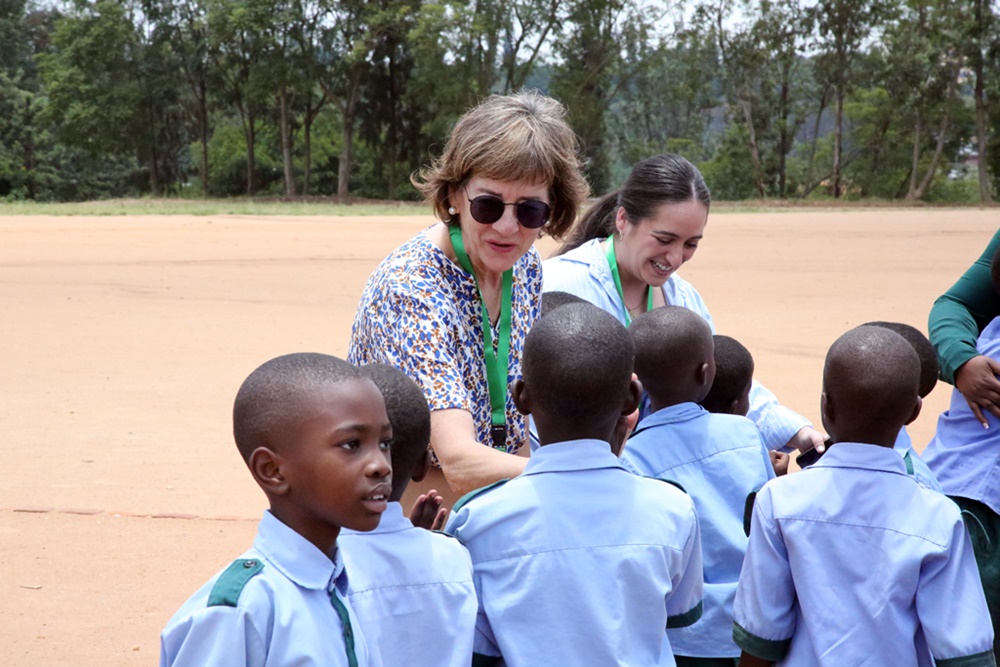
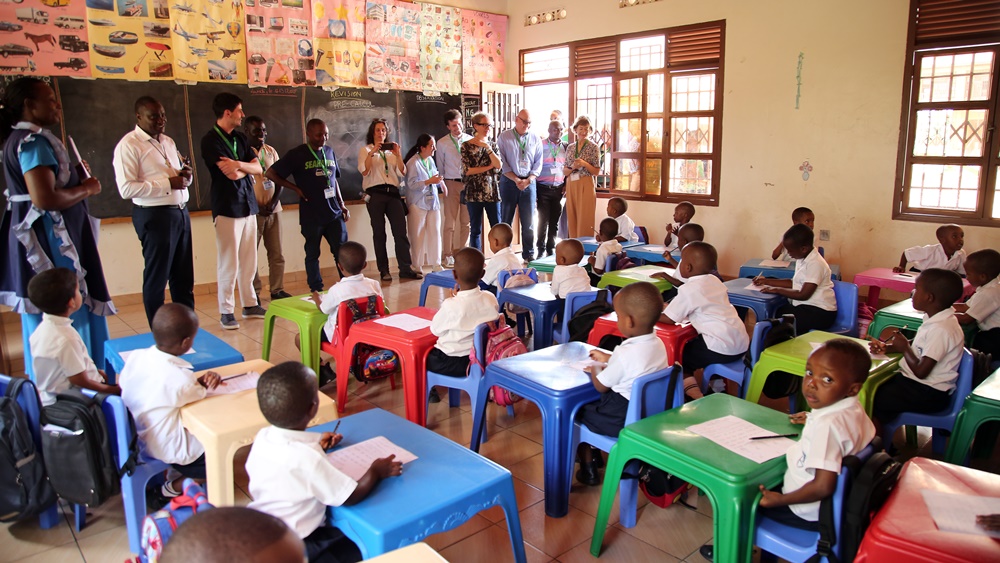
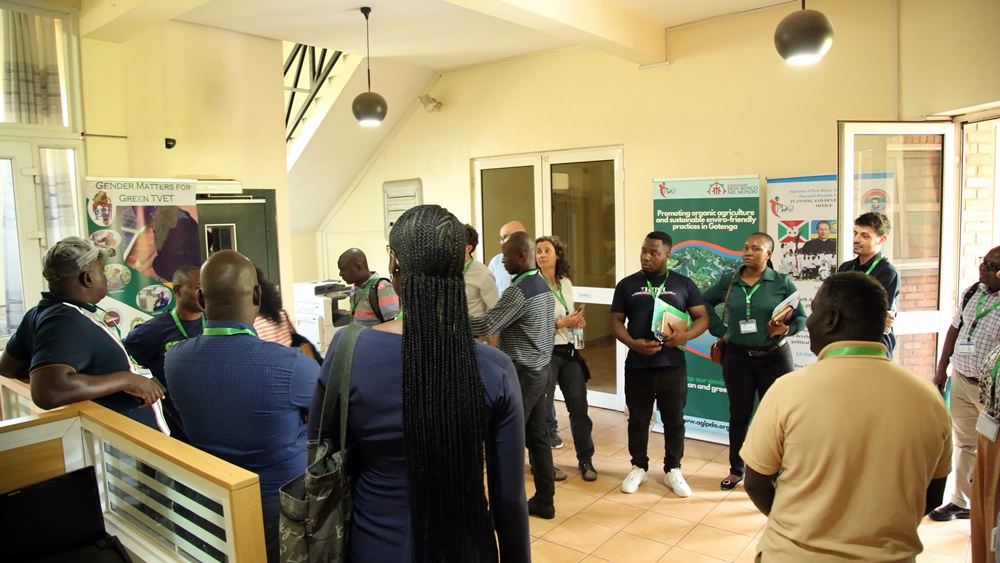
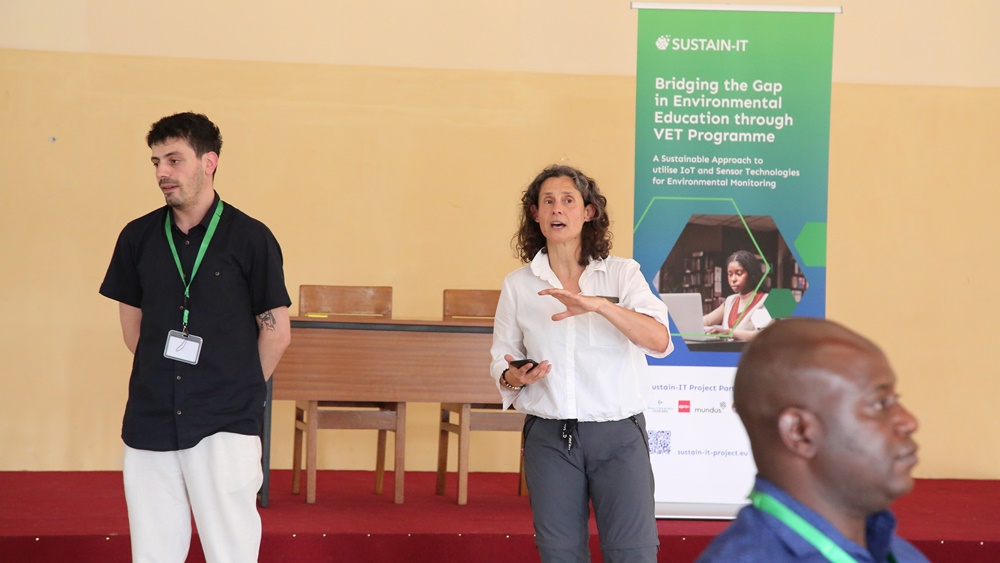
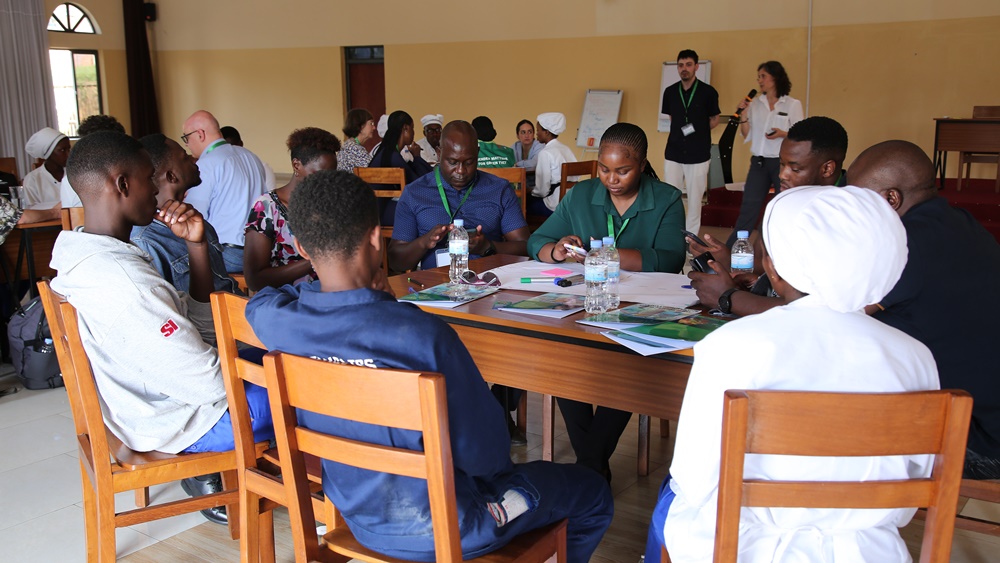
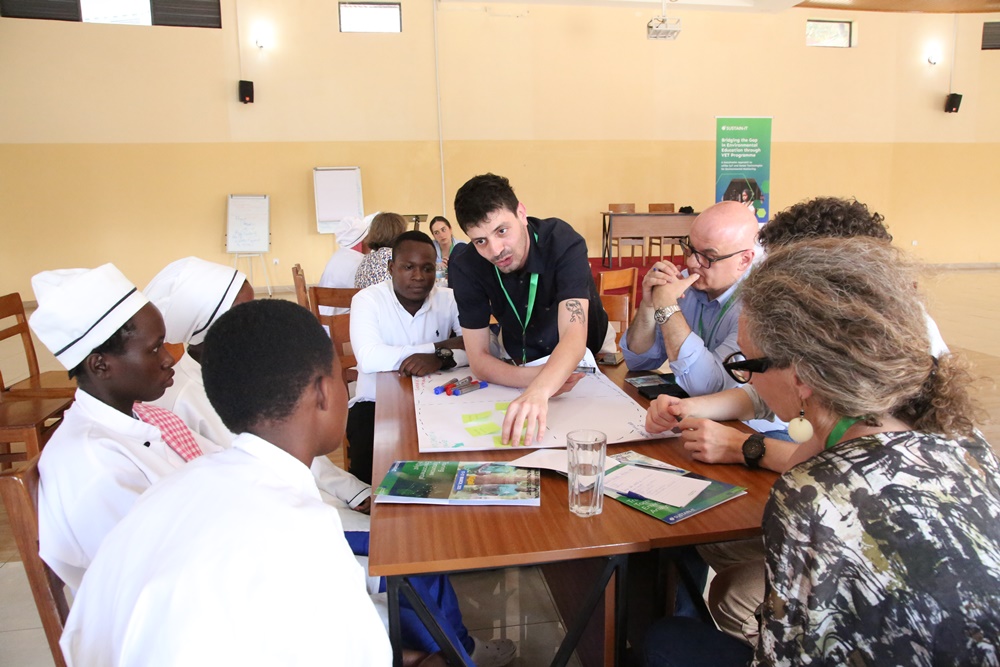
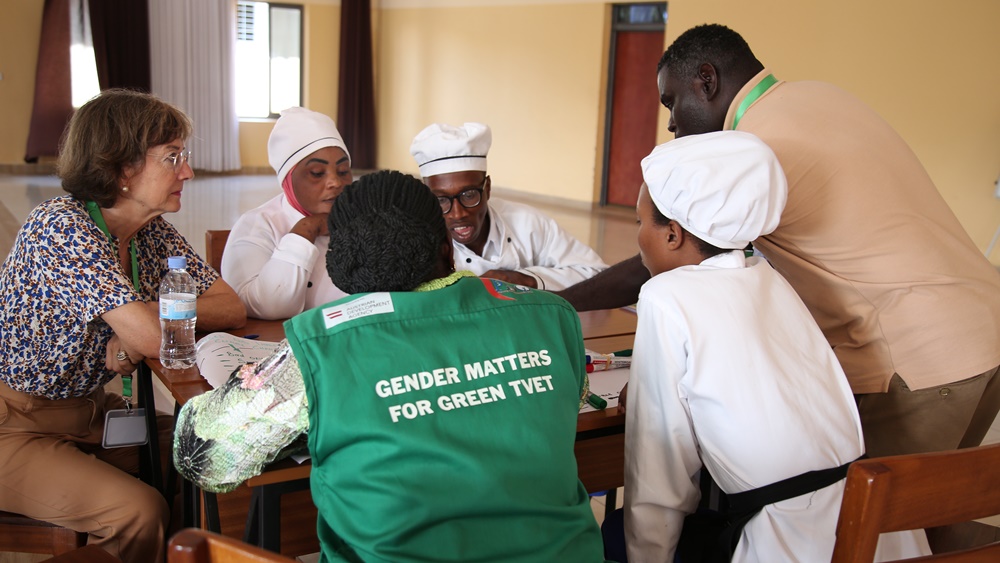

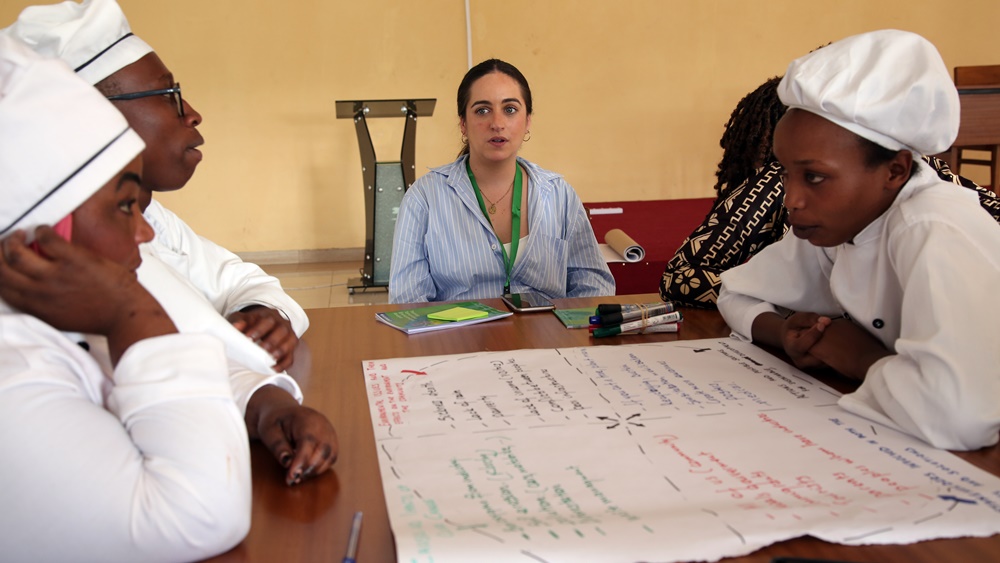
SUBSCRIBE TO OUR NEWSLETTER

